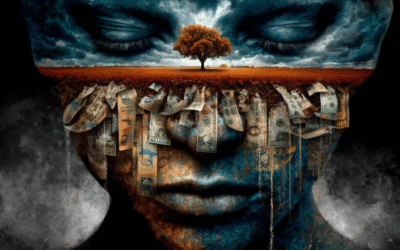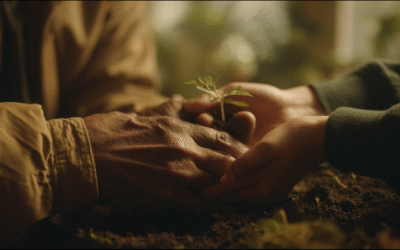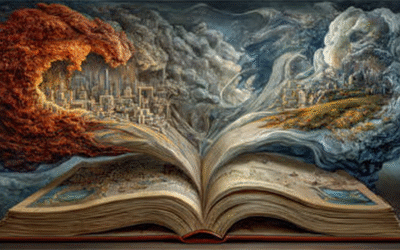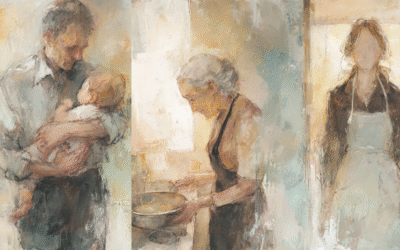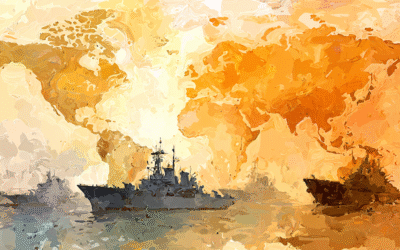What a Partial Universal Basic Income Is Designed to Achieve (and Where It Can Fail)
A partial Universal Basic Income is designed to reduce income volatility, not replace work or services. This article explores what it can achieve, who benefits most, and where it can fail if poorly designed.
After Bondi: When Fear Demands Action and Democracy Demands Restraint
After Bondi, Australia needs grief before point scoring. Antisemitism must be confronted, Islamophobia resisted, and safety strengthened through practical measures, not emergency politics.
Can Australia Actually Afford a Universal Basic Income?
Can Australia actually afford a Universal Basic Income? This article examines current spending, tax revenue, funding options, and why a partial model is the most realistic pathway.
The Pause Between Years: Why Peace Needs Liminal Time
The days between Christmas and New Year offer a rare collective pause. This article explores why peace depends on that space, and why modern governance needs institutions designed to slow down before harm escalates.
What a Universal Basic Income Really Is
Universal Basic Income is often discussed but rarely explained clearly. This article sets out what it is, where the idea came from, what global evidence shows, and why a partial model is the most realistic path for Australia.
The Peace Integrity Score: Why Ceasefires Are Not Enough
Ceasefires stop guns; peace rebuilds trust. The Peace Integrity Score helps readers, policymakers, and media tell the difference, measuring inclusion, rights, justice, and durability.
From Rights to Responsibilities: Rebalancing the Moral Equation of Peace
The Universal Declaration of Human Rights changed the world. But in an era of climate collapse, disinformation, and social fracture, we need to evolve—toward a framework of shared responsibilities.
How Nations Weaponize Stories to Protect Fragile Identities
Nations, like individuals, can act narcissistically. They rewrite history, deny harm, and cast themselves as victims to shield fragile identities. From MAGA to Russia’s “historic destiny,” from Israel’s perpetual siege to Australia’s ANZAC myth, weaponized stories bind and blind us. The challenge is not to abandon myth but to create narratives resilient enough to hold truth as well as pride.
From Care Crisis to National Policy: Rebuilding Australia Through Right Human Relations
What if peace was something we built at home, not just in Parliament? This bold proposal from Ministry for Peace Australia reframes unpaid parenting, community work, and elder care as national priorities—and outlines exactly how we can fund them.
The Architecture of Escalation: Why Peace Must Be Built Like Defence
Escalation isn’t inevitable—it’s engineered. From Gaza to Ukraine, modern conflicts follow predictable patterns. What if peace had its own infrastructure to stop them?





